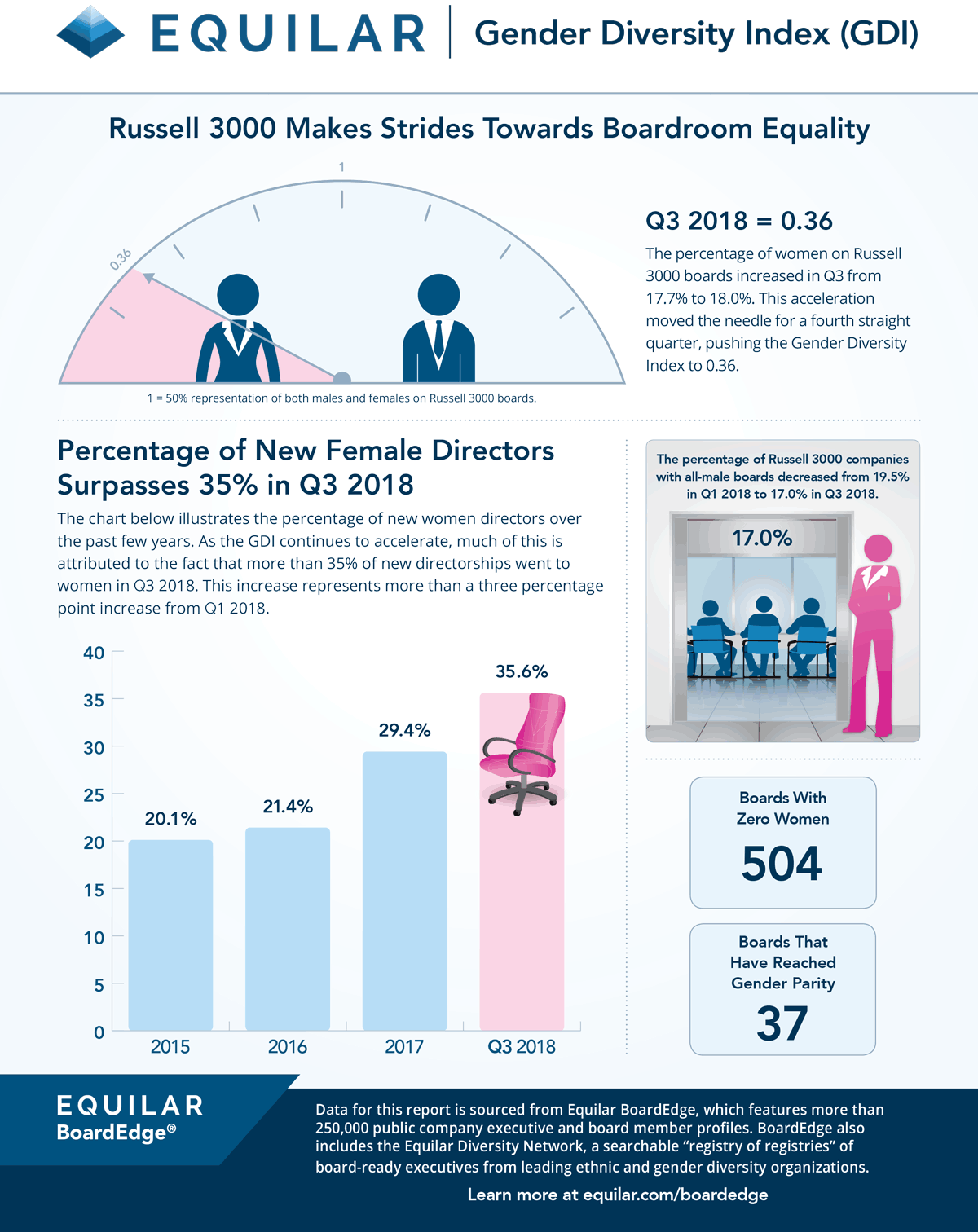Mark Egan is an assistant professor at Harvard Business School; Gregor Matvos is a professor at the University of Texas at Austin McCombs School of Business; and Amit Seru is the Steven and Roberta Denning Professor of Finance at the Stanford Graduate School of Business. This post is based on their recent paper.
Arbitration is a private mechanism for resolving disputes outside of the court system. In arbitration the contracting parties present their case to a private arbitrator who then issues a legally-binding resolution to the dispute. When consumers purchase a product or service, the purchase often contains a pre-dispute arbitration provision, which legally mandates that the consumer must resolve any related dispute using arbitration. Moreover, the provision prohibits the consumer from suing the seller in court. Such arbitration clauses have become increasingly common in the U.S. and are currently used by all brokerage firms, the largest insurance companies (e.g., AIG, Aetna, Inc., etc.), the largest financial firms (e.g., American Express, Chase Bank, etc) and are also pervasive among non-financial “new economy” firms (i.e. Amazon, Verizon, Uber, etc.). Despite the prevalence of arbitration clauses in resolving consumer disputes spanning trillions of dollars of economic activity, there is little empirical analysis of the arbitration. Arbitration is also a hot button policy issue; in 2017 the Consumer Financial Protection Bureau unveiled a controversial consumer arbitration rule, which was later overturned by the U.S. Congress. In our paper Arbitration with Uniformed Consumers we examine consumer arbitration in the securities industry using a new detailed data covering 9,000 arbitration disputes between consumers and their financial advisers.
